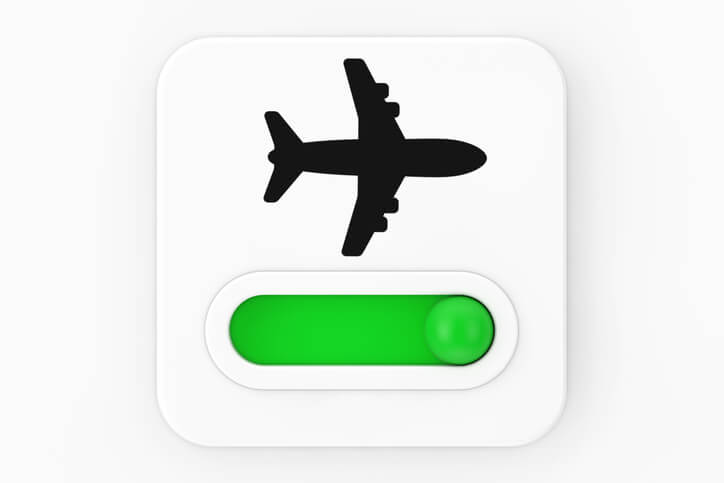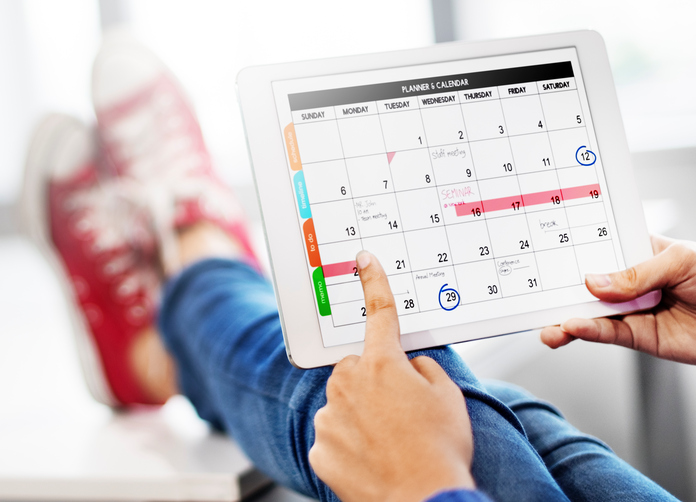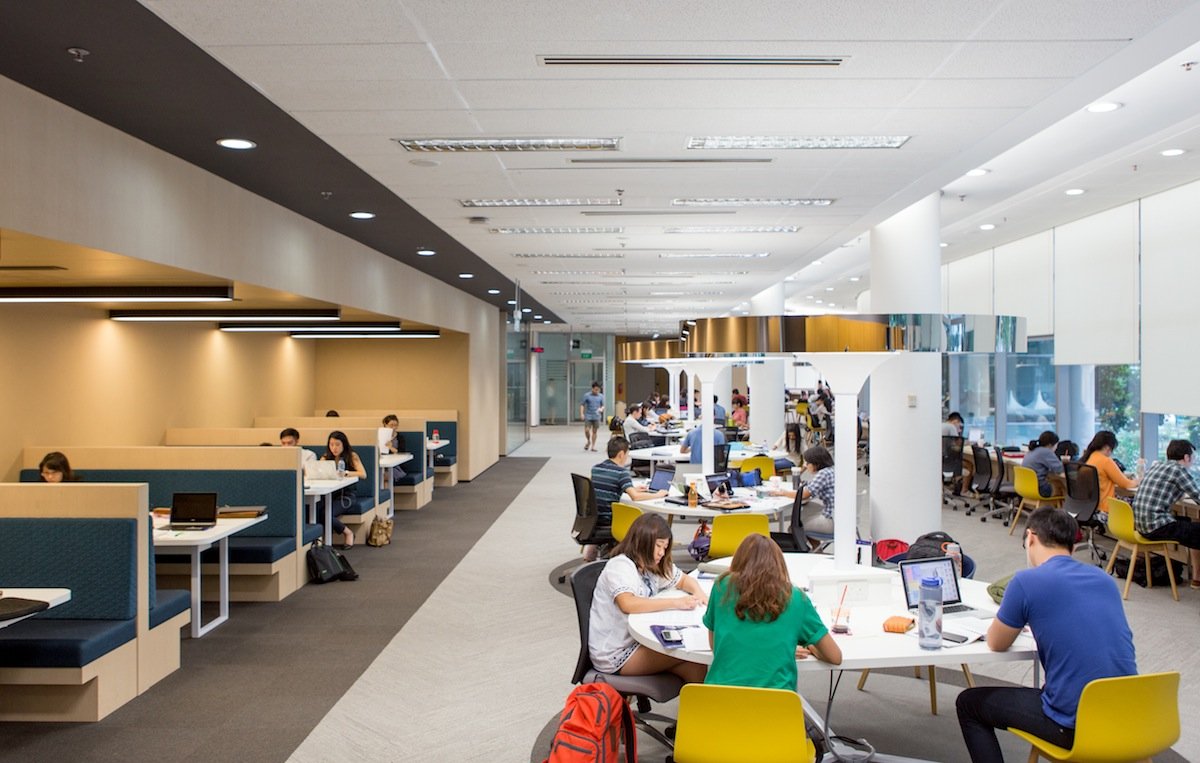By the SMU Social Media Team
While it’s been said that being busy actually makes us feel good, that busy feeling actually increases stress levels and leads to worse performance. These 10 productivity hacks and tricks go a long way to ensuring you work not just harder but smarter instead. And the best thing? They’re applicable both in the classroom and beyond:
1. Airplane mode
There is nothing better than the good ol’ “minimise distractions, maximise productivity” rule. Put your phone on airplane mode and turn off your email notifications on your laptop when you’re studying. The constant buzzing of social media and news pulls us out of our concentration, making it harder to be efficient.

2. Keep a schedule rather than a to-do list
They say always tackle the most difficult task first, and while that statement makes plenty of sense, it might at times hinder your productivity. Remember that time you spent an entire day on that one killer tutorial when you could have tackled three simpler ones? Yup, we’ve all been there. Beyond allocating your tasks to do, why not allocate the amount of time you have instead? This way, you can tackle more tasks in a reasonable time, without feeling burnt out. This is not to say that we should avoid difficult and time-consuming tasks, but instead manage our time better so we don’t feel exhausted while we’ve still got a mountain pile of work awaiting us.

3. Keep a smart task list
And while we’re on the subject of making lists, there is a whole plethora of productivity apps and project trackers in the market today to help us allocate our time better. Use them wisely. Where apps such as Evernote keep everything from shopping lists to lecture notes, others such as Asana are perfect for group work with their prompts on due dates, colour coded projects and lists of subtasks. Not to mention the highly underrated joy of checking numerous items off your task list.
4. Batch similar tasks
Batching similar tasks is another underrated yet highly effective trick when it comes to managing productivity because you’re using the same frame of mind for all the tasks involved. Beyond the classroom, this applies to every aspect of your life as well. While you’re cooking you could also be cleaning dishes or wiping down the counters. This saves plenty of time prevents mundane work from piling up.
via GIPHY
5. Find your “golden hour” and stick to it
Some of us prefer to start our days bright and early, others prefer to burn the midnight oil. These times where your motivation is at its highest is called the “golden hours”. Find your “golden hours” and use it to get the most work done. This “golden hour” rule also applies to the workforce. While we may not get to choose what time we come in and leave office, we can make use of our most ideal surroundings to recalibrate our “golden hours”. It could be the calm of the morning before your coworkers arrive, or midday when everyone is in the thick of the momentum.

6. Use the Pomodoro technique
Ever been in an exam where you only have 10 minutes left and suddenly all your best ideas start flowing out? Maybe you’re part of the large majority of students who work well under pressure. The Pomodoro technique makes use of this adrenaline rush. Break your work into 25 minute small spurts with small breaks in between. Your day could look like “write for 25 minutes then have a chocolate bar.” This technique pushes you to work faster and more efficiently within the allotted time, and no one can blame you for such frequent breaks when you know you’re on track to completing all your tasks.
via GIPHY
7. Take breaks
Beyond the short breaks that the Pomodoro technique advocates, why not take longer breaks to give yourself a true reward for a week of hard work? It could be taking the afternoon off once a week to spend more time with the family, or just a night to kick back with your favourite music. Either way, you recharge yourself for the new week ahead.

8. Learn to say “no”
Saying “no” may sometimes make one appear selfish, but what you’re actually doing instead is saying “yes” to yourself. Helping others is great, but not when you end up causing more stress for yourself. If your plate is already full, learn to say “no” when your groupmate asks you to pull more than your allotted weight in a project. It’s better to do one job well than to do multiple jobs badly.
via GIPHY
9. Stay focused
Trying to achieve multiple tasks at one time may feel like we’re accomplishing plenty when we’re busy, like trying to read your lecture notes while catching up with the news on TV. But what we’re actually doing is switch-tasking instead—going from one task to another in rapid succession. You often realise you have ended the day having accomplished and retained nothing at all.

10. Get adequate sleep
There’s something more powerful than a cup of coffee and that’s a good night’s rest. While young people may be known to stay up till unearthly hours of the morning, getting a good night’s rest goes a long way to ensuring you’re more productive throughout the entire day. If you’re already clocking enough hours of shut eye yet still wake up groggy and tired, check your sleep area. Is the light from the street shining into your room? Are your neighbours too noisy? Take measures to ensure that you don’t just clock enough hours of sleep but also have a comfortable sleeping environment to get proper rest.

2017 Undergraduate Applications are now open till 26 Mar 2017! Find out more about our programmes and admissions guidelines at http://bit.ly/2fuzeNx’














